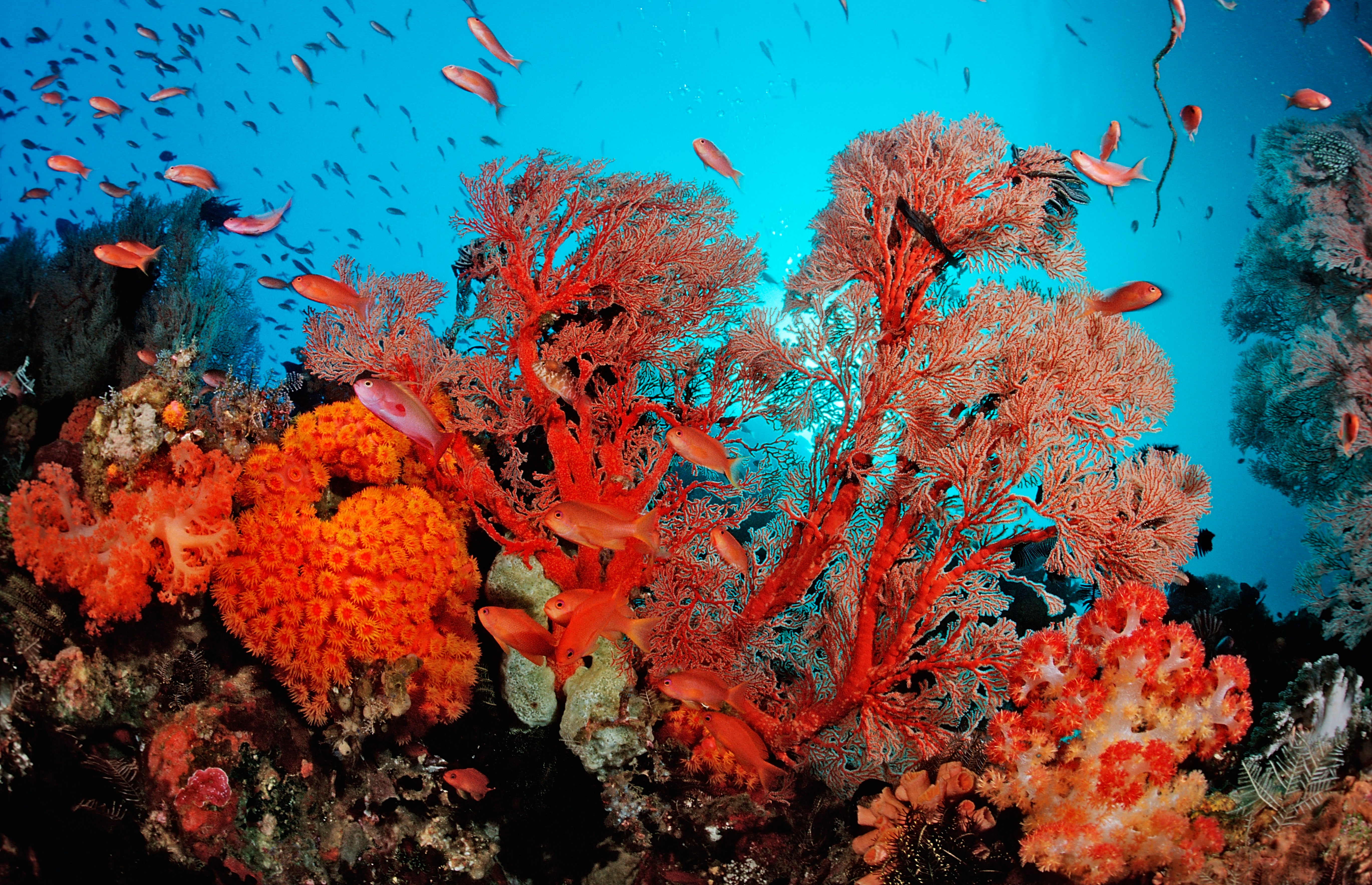Supported by one of the world’s largest sovereign wealth funds, Saudi Arabia is stepping up efforts to become a major force in space as commercial activity in the industry rises across the Middle East.
Saudi Arabia’s Public Investment Fund (PIF) announced the creation of Neo Space Group (NSG) May 27 to specifically invest in local and international commercial satellite opportunities.
The plan is to bring various capabilities in-house to build out an operating entity with expertise in satellite communications, Earth observation and navigation. NSG would also have a satellite and space-focused venture capital fund for early-stage investments.
Spokespeople for the sovereign wealth fund said NSG would initially focus more on downstream space capabilities — and not areas such as rocket launches — although it’s unclear whether the company would seek to build its own satellites as the strategy is still being refined.
“The establishment of NSG marks an important milestone in the development of the growing satellite and space sector in Saudi Arabia,” said Omar Al-Madhi, PIF’s co-head of direct investments for the Middle East and Africa, “and the ambition to be a leading commercial player in the global satellite sector.”
Saudi Arabia’s new industry champion follows the creation of its space agency last year, and the recent launch of a government-backed accelerator program promising space startups specialized training, networking opportunities and up to around $16 million in financial support.
Like other sovereign wealth funds in the Middle East, PIF is looking to space and other growth industries to diversify its economy as the end of the oil era draws near.
YAHSAT’S TRANSFORMATION
United Arab Emirates, another major oil producer in the Middle East, recently bolstered its flagship operator Yahsat with an eyewatering $5.1 billion pledge to buy satellite broadband services until at least 2043.
The UAE government is advancing about $1 billion to Yahsat to cover its latest geostationary spacecraft, Al Yah 4 and Al Yah 5, slated to launch in 2027 and 2028, respectively.
Yahsat is a subsidiary of Mubadala, a UAE sovereign wealth fund that plans to merge the operator with a local geospatial intelligence provider called Bayanat.
Mubadala turned Bayanat into a commercial company a decade ago after carving it out of the UAE Armed Forces. Bayanat is currently majority-owned by UAE-based artificial intelligence and cloud provider G42, which Mubadala partly owns.
Subject to regulatory approvals the companies expect to get this year, the combined group would seek out synergies between satellite communications and remote sensing with the help of advances in AI.
According to Yahsat group CEO Ali Al Hashemi, the emerging market for direct-to-smartphone satellite services could help significantly expand UAE’s international space presence.
He said Yahsat has tentative plans to order and deploy a small number of prototype spacecraft as early as 2028 to test connectivity services from space directly to everyday, mass-market devices.
The company would order 150 commercial satellites if tests go well, Al Hashemi told SpaceNews in an interview. A second wave of 150 satellites to complete the network could be built in the UAE, either by Yahsat or a local partner.
A constellation contract like this would be a significant development for the UAE’s Mohammed bin Rashid Space Centre, which has only developed a handful of LEO Earth observation satellites since its creation in 2006.
Yahsat announced June 10 it had contracted two LEO satellites from Europe’s Airbus as part of its order for Al Yah 4 and Al Yah 5.
Al Hashemi said Yahsat has not finalized a plan for the 150-kilogram LEO spacecraft, but that they could be used to test direct-to-smartphone capabilities.
Yahsat currently provides mobile voice and data services to specialized handsets from Europe to the Asia Pacific via two aging L-band satellites.
SpaceX is due to launch the Thuraya 4-NGS satellite this year to significantly upgrade Yahsat’s mobile satellite service network, which Yahsat acquired in 2018 when it snapped up fellow Emirati operator Thuraya. It would be the first satellite launched for the Thuraya service since 2008.
Other oil-rich countries in the region also seek a larger piece of the global commercial space industry, but success will require more than financial investment alone.
“It’s clear the Middle East sovereign wealth funds can bring a lot of money, and space is expensive,” said Armand Musey, a satellite industry analyst and founder of advisory firm Summit Ridge Group.
“However, as shown by the relative success of the European space industry and SpaceX, today’s space industry also requires real ingenuity that money alone does not provide.”
This article first appeared in the July issue of SpaceNews Magazine.
Note: This article have been indexed to our site. We do not claim legitimacy, ownership or copyright of any of the content above. To see the article at original source Click Here












